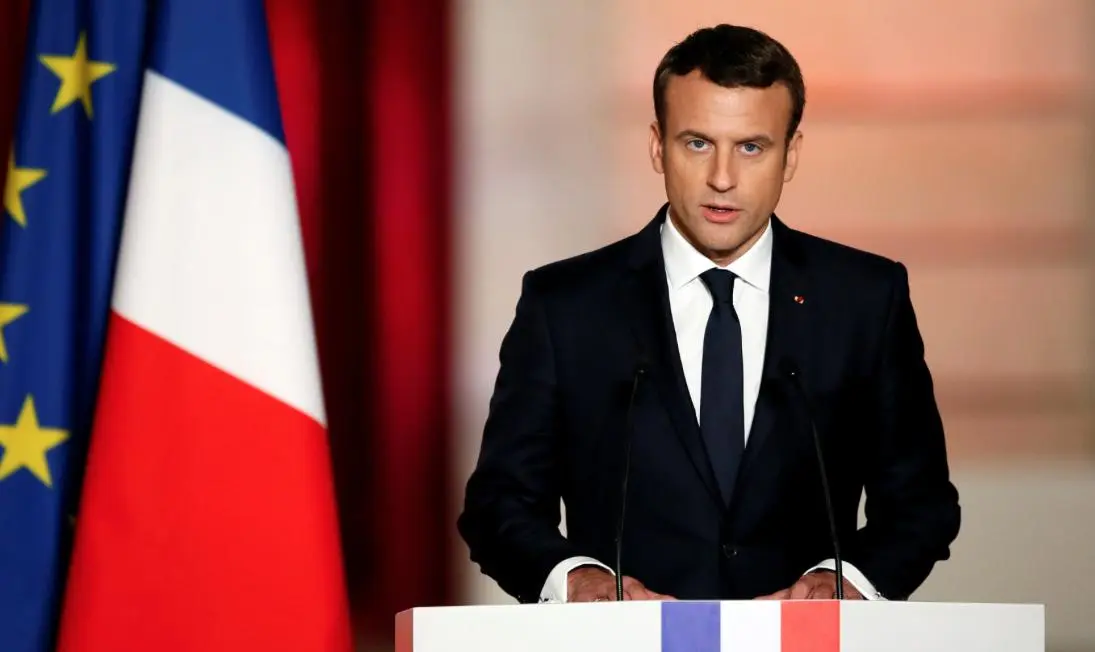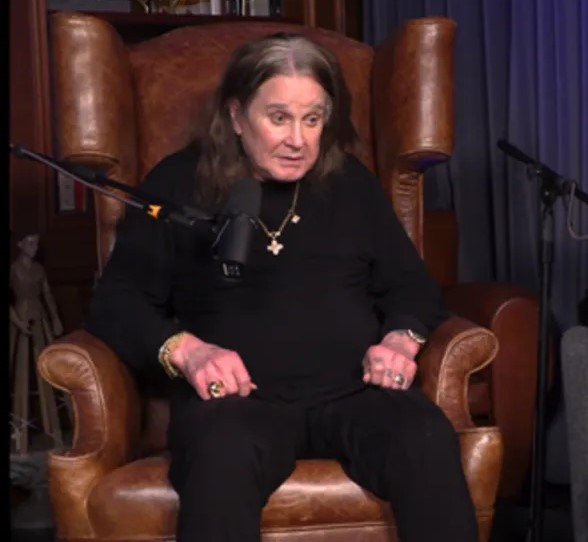Macron’s presidential victory in France will lead to a strengthening of the Franco-German axis, although the French are likely to see further internal divisions across the country post-election, according to political economists at Birmingham City University.
Dr Steve McCabe said: “Macron’s victory in being the first French president to achieve a second term in office in 20 years feels hollow. For sure, gaining 58.55% of the vote against Le Pen’s 41.45% is sufficiently large. However, that four in ten voted for Le Pen is worrying.
“Internal divisions in France will continue for Macron who proclaimed his desire to be ‘president for all’. The results of the French Parliamentary elections will be hugely significant.
“The EU will not suffer a crisis rivalling the UK’s departure. Macron can now assume the mantle of heir to Germany’s Angela Merkel as the most powerful EU leader. In the absence of the UK, he’s now leader of the EU country with the largest military force. With conflict in Ukraine likely to drag on for months his leadership and support for NATO will be essential.
“France, like it’s neighbour across the English Channel, is experiencing serious social division and with extremely challenging economic problems and a cost-of-living crisis worsened by Ukraine. Macron will find his second term as President more difficult that his first.”
Beverley Nielsen added: "There will be a huge collective sigh of relief across Europe this morning as EU institutions and member nations come to terms with the implications of this convincing and historic victory by Macron. After Brexit and Trump the last thing they wanted to see at this time of war in Europe and tentative recovery from the pandemic was another seismic shock to the political system.
“Markets too will be relieved and as some have already noted, this victory will prompt a strengthening in the Franco-German axis as well as across European institutions. It will greatly reassure other EU countries at this time of crisis in Europe, the EU, where France was a founder member, the UN, where it is a permanent member of the UN Security Council, and NATO, where it was also a founding member.
“But whilst reassuring, the figures are not necessarily all they seem at first sight. Those who supported Marine Le Pen were not only those from far-right persuasion, but the disillusioned hoards and left-behind who feel excluded by the political system and class. Whilst those voting for Macron were not necessarily giving him a vote of confidence, with many styled 'the beavers' who wanted to build a dam to keep out Le Pen at any cost given her father, her far right background, and her lack of executive experience."












